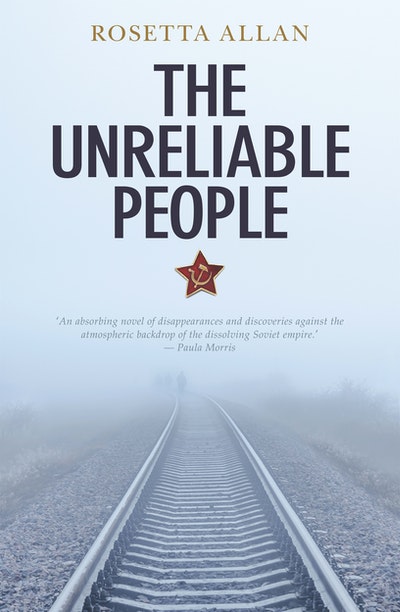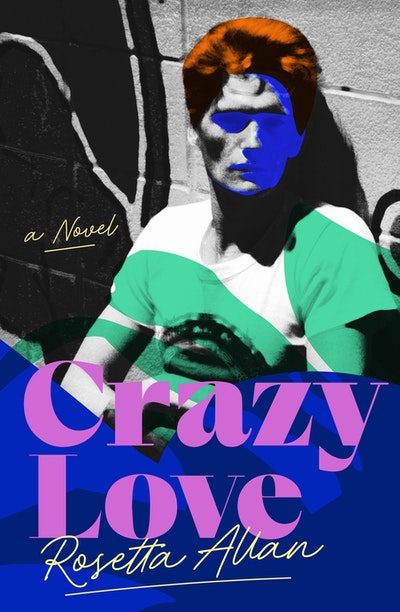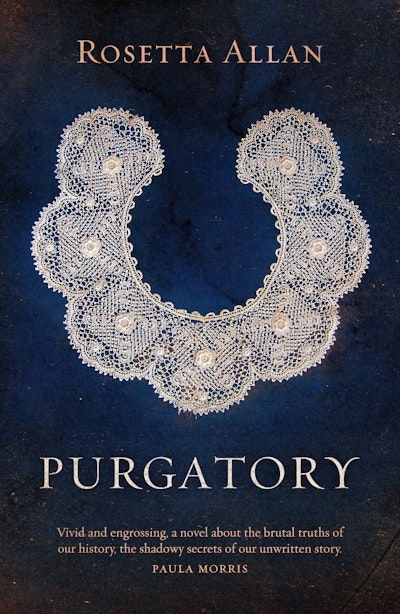- Published: 7 May 2019
- ISBN: 9780143773566
- Imprint: Penguin
- Format: Trade Paperback
- Pages: 352
- RRP: $38.00
The Unreliable People
- Published: 7 May 2019
- ISBN: 9780143773566
- Imprint: Penguin
- Format: Trade Paperback
- Pages: 352
- RRP: $38.00
An absorbing novel of disappearances and discoveries against the atmospheric backdrop of the dissolving Soviet empire.
Paula Morris
. . . There's all kinds of layering going on; there's personal lives set against complex, overwhelming political forces and yet people are still managing to fall in love and make connections and bring up their families . . . the cast of characters is incredibly well fleshed out, so it's not just the main characters who feel real but their friends and networks; it's a really good layering of the social and the political and the historical . . . It is excellent . . . the prose is beautiful . . . I found it very compelling . . . highly recommended.
Louise O'Brien, Radio NZ
Beautifully written, this tale will draw readers deep into the fascinating lives of Antonia, a student at the Academy of Art in St Petersburg. It's a love story, however there are many layers with its rich history and marvellous characters.
Linda Hall, Hawke's Bay Weekend
Allan’s evocation of place is particularly vivid and there are some wonderful descriptions of St Petersburg . . . Allan also uses the striking physicality and history of the city to figuratively describe the relationship between Antonina and her art teacher Makar . . . The Unreliable People is a thoroughly researched vivid evocation of a time in European history with which many readers may not be familiar. It is ambitious in its scope and subject matter and as such is a notable addition to recent fiction explored by New Zealander writers in non-New Zealand settings.
Majella Cullinane, Landfall






